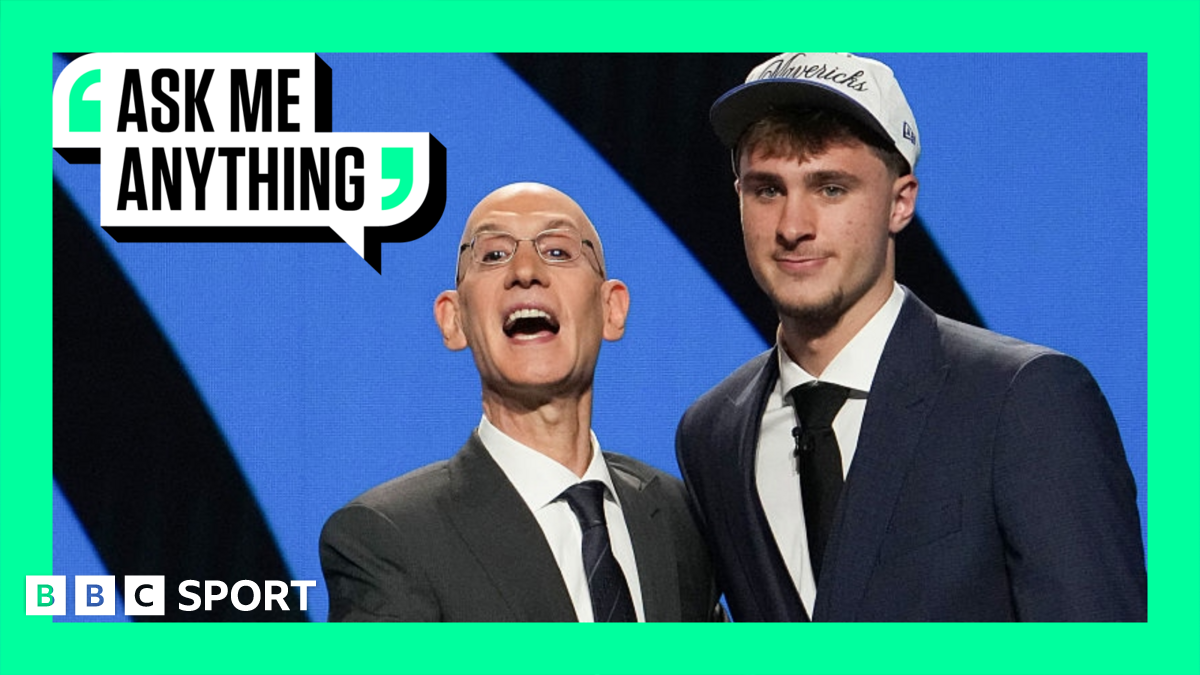Nikhil Kamath on opportunity for young Indian entrepreneurs
When Nikhil Kamath co-founded Zerodha in 2010, the southern Indian city of Bengaluru (formerly known as Bangalore) wasn't the thriving startup ecosystem it is today. There were no venture capitalists scouting for the next unicorn, no incubators offering guidance, and certainly no funds dedicated to helping young entrepreneurs test their ideas.
Fast forward 15 years, and the company now handles more than 15% of India's retail trading volume. But Kamath’s focus has since expanded: how can he help the next generation of entrepreneurs, especially those from beyond the country's tech hubs, find their first break?
His answer is the WTFund, a grant-based initiative offering non-dilutive capital to entrepreneurs under 25. The World Economic Forum sat down with Kamath to understand his journey and why redefining access to capital and mentorship is crucial to empowering the next generation of entrepreneurs.
(The interview has been edited for clarity)
Q: You’ve said your entrepreneurial journey wasn’t planned. What were your first steps?
I dropped out of school pretty early - around 15 - and started working at a call center. It wasn’t glamorous but it paid the bills and gave me time to explore trading. That eventually became the foundation of everything I’ve done since. I was probably around 18 when I first started trading for others.
The passion at the very core of it has always been that of a trader - buying something for cheaper and selling it for more. That’s where I started. And I still do that today.
Q: What gap did Zerodha aim to fill?
Zerodha was born out of frustration with how expensive trading was in India. The idea was simple: make investing more accessible for retail investors. We didn’t do ads or raise capital - we just focused on solving a real problem.
It’s helped first-time investors, young people starting small, and those previously excluded from markets.
Q: What makes the WTFund different from traditional venture capital?
The non-dilutive funding is funding young people without means who have a great idea and a lot of promise and giving them a little bit of money just to go and try and build up whatever they might have dreamt of - no strings attached.
We realise the first time you raise money is the hardest. We want to make it easier for those just starting out. If these companies go on to employ thousands of people a decade from now, that’s a win.
Q: Are you seeing a shift in terms of where innovation is coming from?
We get 400–500 applications a month and around 60% come from smaller towns. More than half of our funded startups are based outside India’s top metros.
We’ve seen applications from places like Ladakh, Nagaland, Sikkim. The diversity of ideas is incredible - from high-protein pet food to AI agents and healthcare innovation.
Some that stand out - RNT Health Insights (Chandigarh), Clapstore (Pune), 10x Global (Lucknow), Aignosis (Jaipur).
“
"Social media has flattened the playing field. You don’t need to be in Bengaluru or have an Ivy League network to reach us."
”
Q: Why is diversity of geography and background so important in entrepreneurship?
Innovation that comes only from one kind of person or city becomes an echo chamber. India’s real challenges and its most interesting solutions often come from smaller towns.
A founder in Ranchi might solve a local logistics problem no one in Delhi is thinking about. That kind of bottom-up innovation is powerful. It ensures we’re not just building cool things, but the right things.
Q: You’ve said networks are more important than capital. How does the fund support founders beyond the money?
Access to capital is one thing but access to networks is often harder and arguably more important. A lot of people are building in isolation. They don’t know who to call when they hit a wall. That’s where we help - not to micromanage but to establish connections that can help a founder skip a few unnecessary mistakes.
We’ve built a network of 100+ operators, founders, and industry experts who advise the startups. It ranges from product strategy and hiring to compliance and go-to-market.
We also run the 'WTF is' podcast, which is like a mini MBA for anyone starting out.
Q: What’s your long-term vision for these startups?
We want them to stay bootstrapped where possible, build profitably, and avoid becoming overly dependent on large funding rounds. You don’t need to raise a hundred million to be successful.
“
"If these companies go on to employ thousands of people a decade from now, that’s a win."
”
Job creation is also definitely a big one, especially in a country like ours. But beyond that, I’d like to see how many of these companies go on to build for India and from India so not just solving problems here, but becoming global names.
Q: What do you think this next generation of founders is doing differently? Any lessons that stand out?
Entrepreneurship at the end of the day comes down to risk-taking ability, in a certain way. It's easier for somebody starting off to take risk because they have less to lose.
I also think the risk young people take is influenced by the sentiment in their peer group. Right now, there's a lot of optimism around India - both in India and from outsiders towards India - and that is allowing, fostering and encouraging a lot more young Indians to take that risk.
Q: Could this model work beyond India?
I’m fairly focused on India right now, but yes, I believe this model has applications in emerging markets across Southeast Asia and Africa.
Young entrepreneurs face the same barriers such as lack of capital, no access to networks. If we can show that this early-stage, no-equity, mentorship-first model works, it can be replicated elsewhere.











